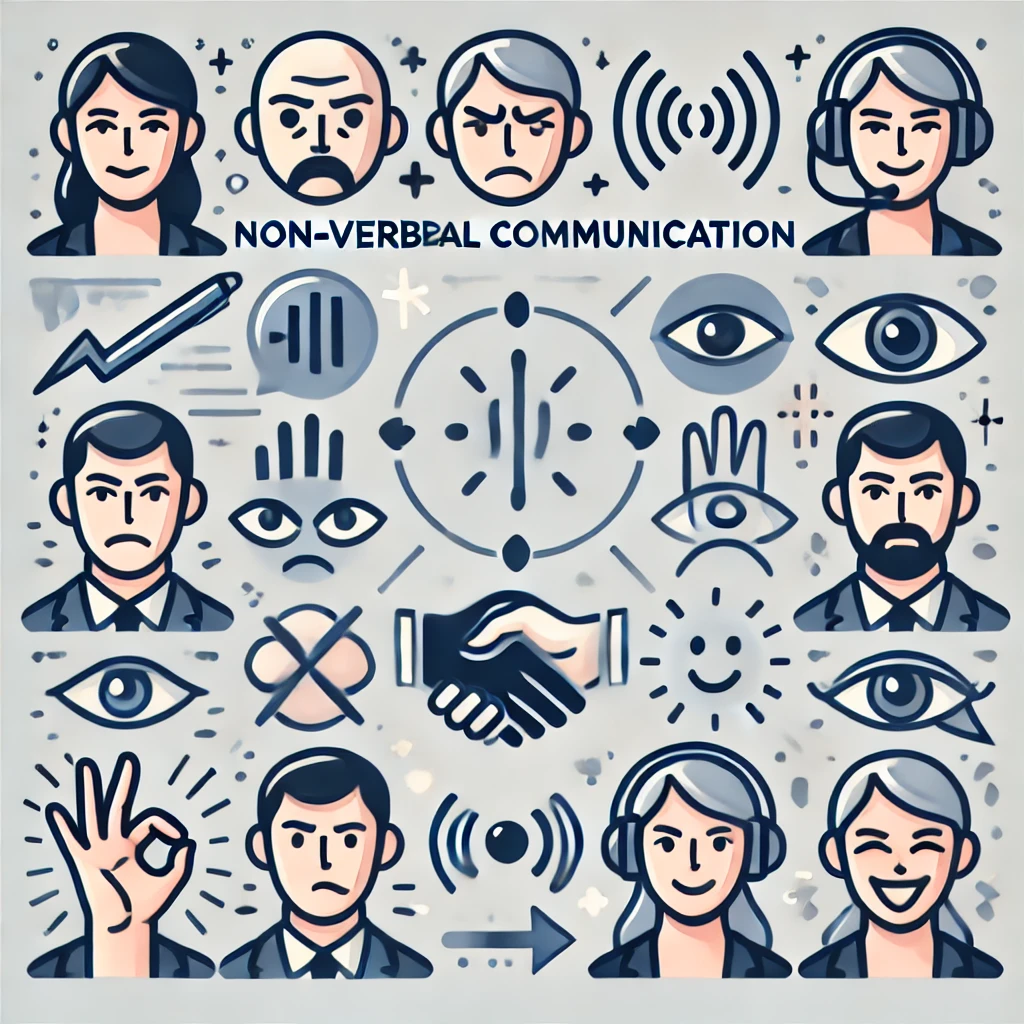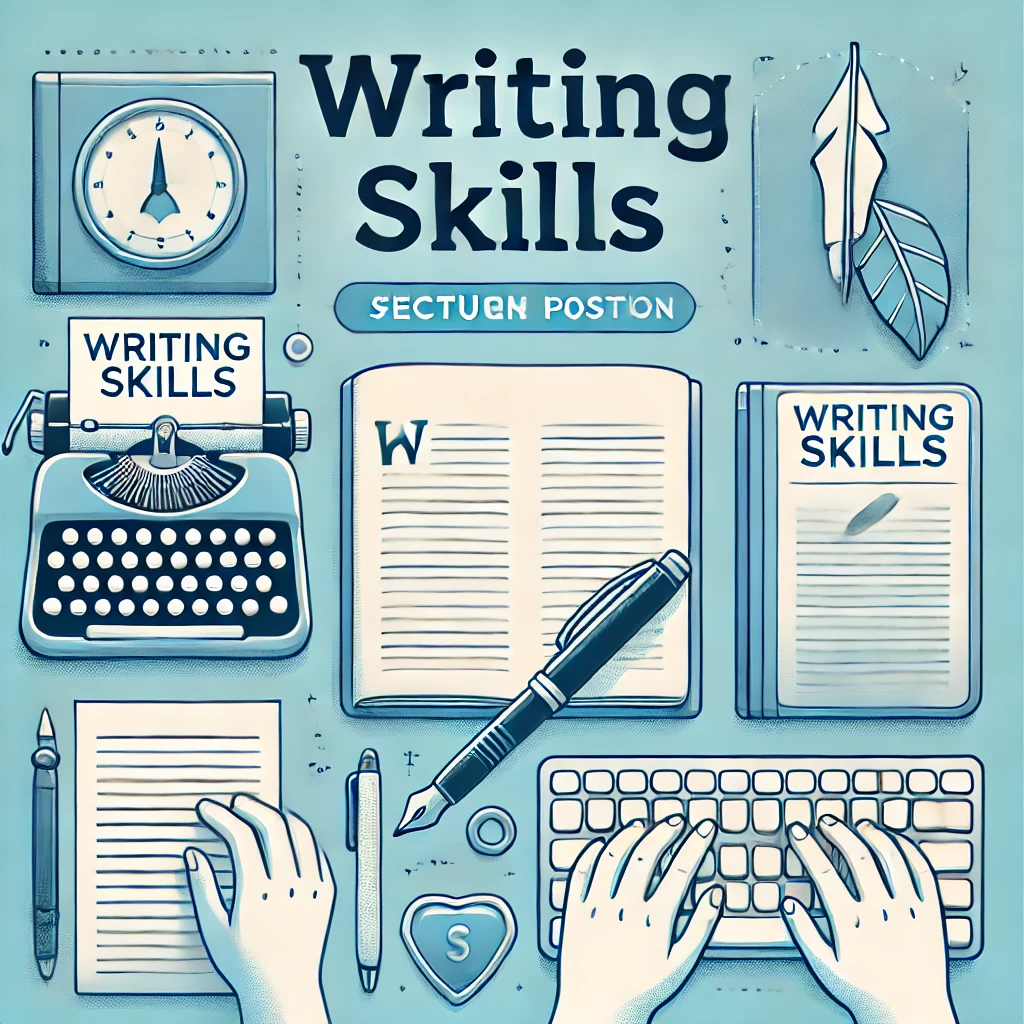Develop strong communication skills is necessary in both personal and professional life. With such skills, one can connect well to others; however, every word that enters your head must come out clearly. This way, one can exert a greater influence. From active listening to effective public speaking, this article will explore ten tips that have been proven and applied in practice. Techniques for improving your communication skills invite suggestions of all kinds; try out one or two particular ones first, then gradually move on to others. By following these tips, you’re sure to succeed in learning how to communicate well and will find goal attainment much simpler and more confident.
Tip 1: Active Listening
Active listening is a foundation for stronger communication skills. It involves listening on the person’s terms, understanding the message, and responding thoughtfully. In order to develop strong communication skills, you started to practice active listening, simply by avoiding distraction and really listening to what’s being said.
Active listening not only helps the listener understand the other person’s point of view but also builds empathy and trust. By nodding, making eye contact and summarizing key points you show that you value what the speaker has said. This skill is particularly important in a professional setting, where clear communication can lead to good teamwork and solutions for problems.
Tip 2: Clarity and Brevity
Clarity and conciseness are crucial to developing strong communication skills. When you speak clearly, people can understand your message quickly and easily without being confused. This is particularly important in professional environments where clarity prevents misunderstandings saving time in the process.
If your prefer speaking simply, using plain English and avoiding jargon: Never confuse simplicity with brevity. It means stating your thoughts in a way that is not cluttered or complicated. No matter whether you are writing an email or giving a presentation, the clearer and more succinct your point, the better your audience will understand it.
Tip 3: Non-Verbal Communication

It is very important to convey feelings and ideas in a clear way both through language and non verbal symbols. Your posture, facial expressions, and eye contact all affect how the other person interprets what you say. In fact, non-verbal signals can often serve as reminders when words would be unnecessary content.
To develop strong communication skills, pay attention to your non-verbal signals. Keep eye contact so that you appear confident and involved, and gesture in a way that emphasizes what you say. Being conscious of your body language can help you express messages more effectively and establish stronger connections with others.
Tip 4: Empathy and Understanding
Empathy is at the heart of strong communication skills. It involves recognizing and sharing other people’s emotions, which makes it easier to build relationships and trust. By practicing empathy, strong communication skills are developed. You can connect with others more deeply and react better to their needs.
Empathy means not judging and being understanding of the emotions of others. This is especially important in conflict resolution, between people who are trying to solve their problems peacefully. Strong communication skills developed through empathy lead to more meaningful and productive interaction.
Tip 5: Confidence and Assertiveness
Confidence and assertiveness are essential in order to develop strong communication skills. Confidence gives you the ability to state your thoughts clearly and persuasively; assertiveness enables you to express your requirements and borders without being offensive. Together, they help to make your communication more effective.
To develop strong communication skills try building your confidence so as, when speaking, what you say will stick and not sound like a long frequency. Мake reports seem interesting and easygoing can scan well-being shockingly. You know this even if you don’t actually feel frightened. Both confidence and assertiveness are vital prerequisites for effective communication in various settings.
Tip 6: Feedback and Adaptabihty
Getting and giving feedback is an integral part of developing strong communication skills. Feedback helps you understand how others perceive your communication and was areas for improvement. Being open to feedback and changing your communication style accordingly will take your skills to an even higher level.
Seek feedback on your communication from co-workers, friends, or mentors as one way to develop strong communication skills. Then, with the feedbacks you’ve received refine your communication approach in line with what others Let you see and need. Those who able to adjust according are in a good position for public speaking; willingness Adjustails your communicative style will make you better at what you do.
Tip 7: Effective Public Speaking
Public speaking is an important part of developing strong communication skills. It means speaking to an audience clearly and confidently, whether in a formal presentation or when addressing colleagues over lunch. Good public speaking skills can help you get your message across effectively and leave a lasting impression.
To develop strong communication skills, practice public speaking from time to time. Try starting off by talking in front of small groups and then gradually increasing the size of your audience. Emphasize clear articulation, correct pacing and good body language. Overcoming your fear of public speaking will increase confidence and give you the ability to communicate effectively in a variety of circumstances.
Tip 8: Writing Skills

Strong writing skills form an important part of developing strong communication skills. Writing allows you to organize your ideas and communicate information clearly and effectively. Good writing skills are essential; whether it’s an e-mail, report, or social media post, they can enhance your communication.
Practicing writing regularly and seeking feedback on your work can help develop strong communication abilities. To ensure your message is understood as it was meant–focus on clarity, grammar, and tone. By improving your writing skills not only will you enhance your communication abilities, but also give it a professionalism and flair.
Tip 9: Cultural Awareness
Cultural awareness is an important part of Communication skills, especially in a globalized world. Building strong relationships between peoples with differing cultural communication styles; and avoiding errors stemming from the misinterpretation of cues is part of our success. In developing such intercultural awareness, both open and critical in spirit, it is important not to stick at stereotypes or be prejudiced.
To develop strong communication skills, learn about different cultures and their communication norms. When interacting with others from different cultural backgrounds, be considerate and open-minded. With this background comes the ability to communicate more effectively and inclusively across a variety of settings.
Tip 10: Continuous Learning and Practice
Continuous learning and practice are essential to develop strong communication skills. It is an art, and becoming ever more so as the years progress. By following through with these educational methods, you can always refine your communication skills and improve them even further.
To develop strong communication skills, take advantage of various learning opportunities such as workshops, courses, and reading materials. Use your knowledge repeatedly in everyday routines–at work in social occasions online this is so that continuous reinforcement will gradually see to it that one day you’re able confidently and effectively express yourself well.
Conclusion
In conclusion, developing strong communication skills is a lifelong journey that requires dedication and practice. Remember, strong communication abilities are not just about speaking well; they include listening empathetically, picking up on non-verbal signals even when there are no words spoken. Following these ten tried and tested tips will help you enhance your communication abilities, and taste greater success in both your personal and professional life.
Start developing strong communication skills today by using these pointers in your day-to-day interactions.Perhaps you’re intent on improving your career prospects, or maybe you simply want to enhance personal relationships. Whatever your goal, there are no shortcuts: good inter-personal communication skills are fundamental if you want to realize your full potential.Basic skills are important, but start now and see how communication skills bolster you.






















